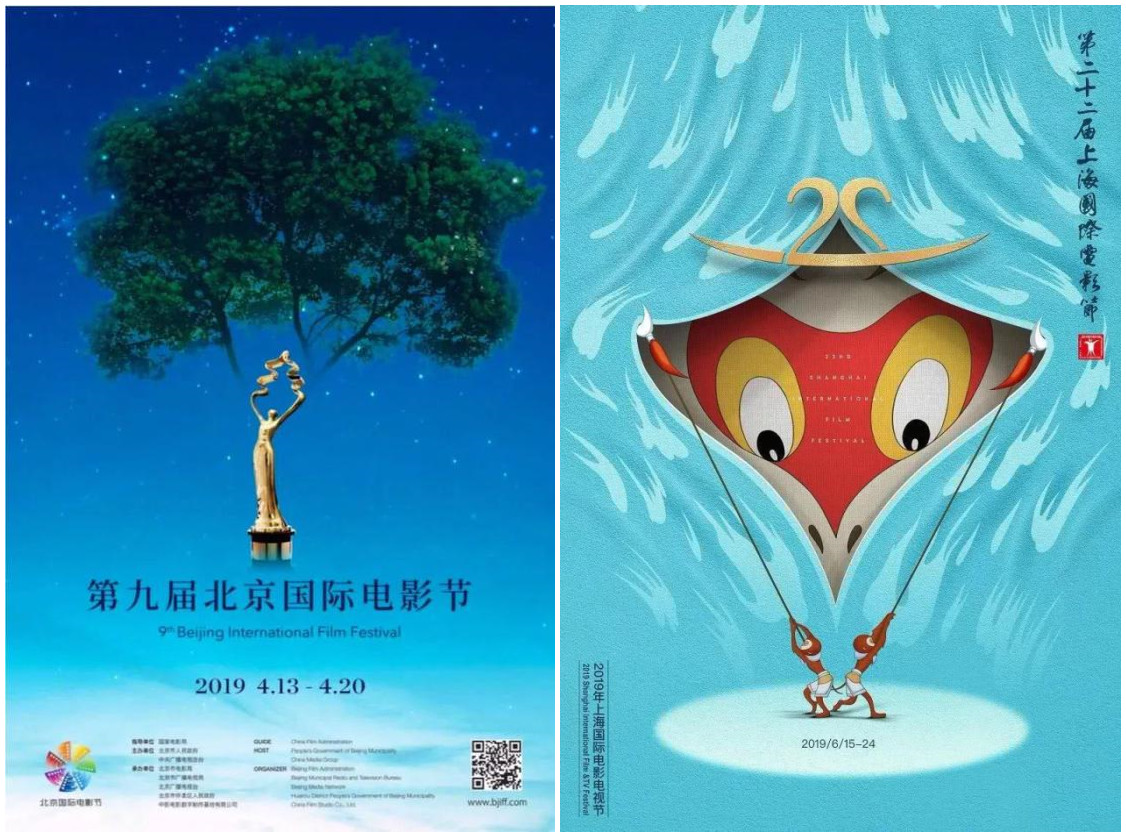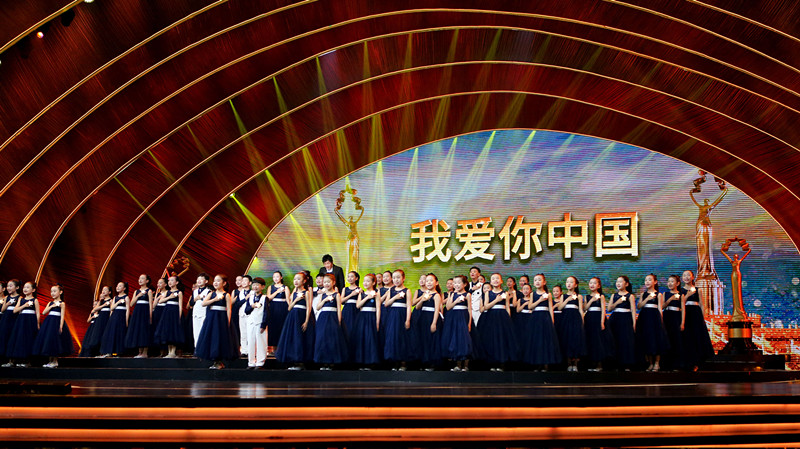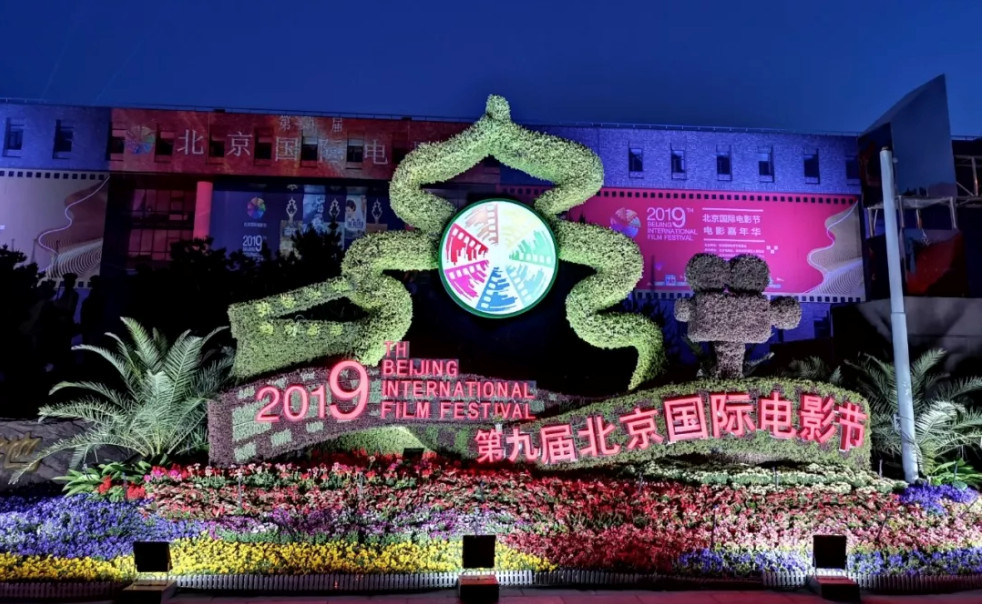Beijing int'l film fest has room for improvement
- By Zhang Rui
 0 Comment(s)
0 Comment(s) Print
Print E-mail China.org.cn, May 6, 2019
E-mail China.org.cn, May 6, 2019

With the conclusion of the 9th Beijing International Film Festival (BJIFF), it's time for the organizers to take a hard look at the future direction and vision of the event.
The BJIFF is growing, and had great ambitions this year but it lacked the creativity of some of the prominent rival film festivals in Shanghai and Pingyao or the FIRST International Film Festival.
For one, the official poster for this year's festival was quite conservative, even mediocre, and earned ridicule from thousands of internet users who called it the "broccoli" poster. By comparison, the poster design for the upcoming Shanghai International Film& TV Festival is dynamic and full of cultural meaning.
In 2011, the first organizers of the Beijing festival didn't think through the path they would take. The founders of the festival, originally called Beijing International Film Season, merely wanted to build a new and influential cultural window into China's capital, without focusing on the artistic vision of the series.
Initially, the Beijing film festival was mostly a place where fans could watch rare or inaccessible films. Over the years, some Beijingers were lucky enough to see films like Darren Aronofsky's "Black Swan" and Francis Ford Coppola's "The Godfather," which had never been imported into the Chinese market. Big blockbusters and franchises were also screened, such as the "Star Wars" trilogy and the "Harry Potter" and "Mad Max" series.
This Film in Panorama section of the festival became the most anticipated part for many moviegoers. But the first three years of the festival were hindered by screening accidents and bad organization, until the China Film Archive took over.

In the first two years, the festival relied heavily on screening international films, creating a platform for domestic and foreign filmmakers and executives to meet and negotiate deals. The government invested generously and the opening and closing galas were magnificent, drawing the biggest domestic and foreign filmmakers and stars, such as Jackie Chan, Zhang Ziyi, John Woo, James Cameron, Jim Gianopulos and more.
Then, in the festival's third year, the organizers wanted to take it to the next level, so they set up Tiantan Awards. The lineup of jurors and the participating films in the main competition should be the top priority for any world-class international film award, but unfortunately, the Tiantan Award has fallen short of its high ambitions.
Last year's jury president was Wong Kar-wai, a respected Hong Kong art film master. This year the role went to Rob Minkoff, the director of animated hits "The Lion King" and "Stuart Little." In terms of genres and themes, it is unclear what direction the Tiantan Award is attempting to take. Or perhaps, since the brand has yet to find its place in the global film industry, attracting a large pool of high-profile filmmakers is still a hurdle for the organizing committee.
Moreover, no major titles have premiered at the BJIFF, with many of the shortlisted films of 2019 having already been screened in 2018. Two of China's own films were in the race: the sci-fi blockbuster "The Wandering Earth," released nationwide two months ago, and the comedy "The Eleventh Chapter" by director Chen Jianbin, which oddly was not screened to the public or the media.
But in many other aspects, the BJIFF has become more professional and well-organized, in terms of forum and summit organizing, ticketing, and theater coordination. In the Film in Panorama section and other activities, the organizers this year found more meaningful themes, echoing the Belt and Road Initiative, China-India cooperation, tributes to masters and others.

For the Beijing Film Market, a major part of BJIFF, there is also good news: the contract value signed at the section this year was record-breaking 30.9 billion yuan (US$4.6 billion), 10 times that of the first year's Film Market. This reflects the booming development of the Chinese film market, which could even surpass the North American industry and become the world's largest in coming years.
There's a lot of room for the Beijing film festival to evolve before its 10th anniversary next year. It still needs to find its own unique position and direction, while breaking down barriers and bottlenecks, facing its challenges, enlarging its influence and pushing forward the development of Chinese film industry. There's much to learn from fellow and rival film festivals.






Go to Forum >>0 Comment(s)